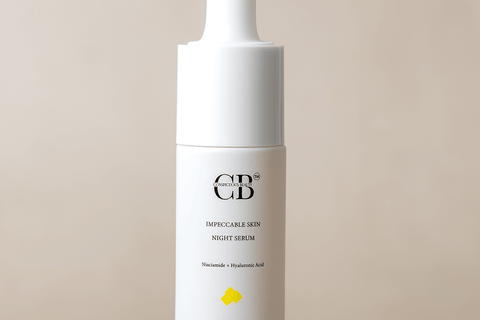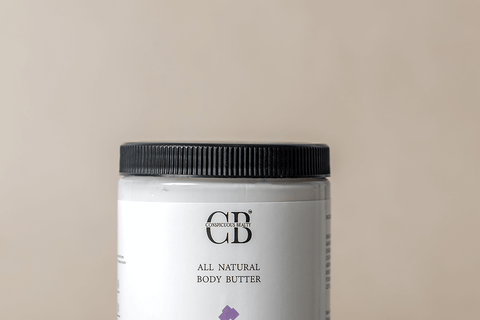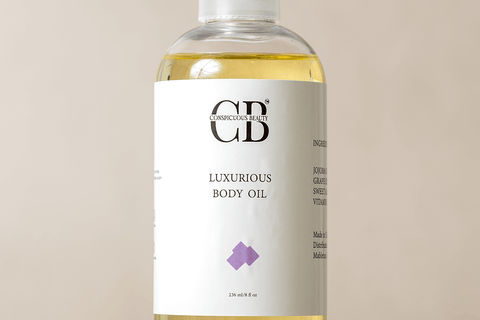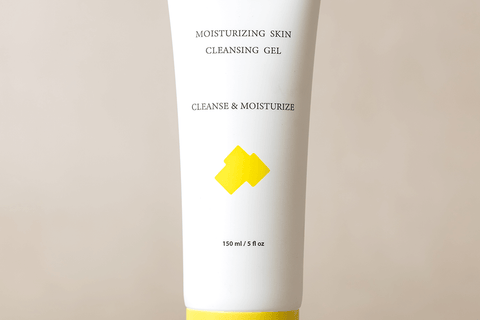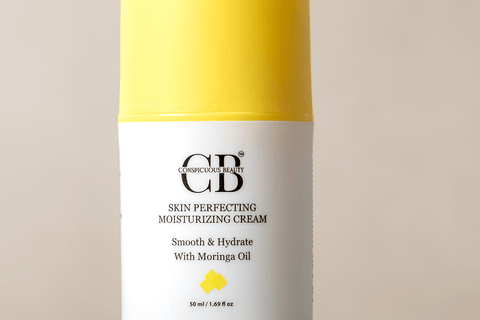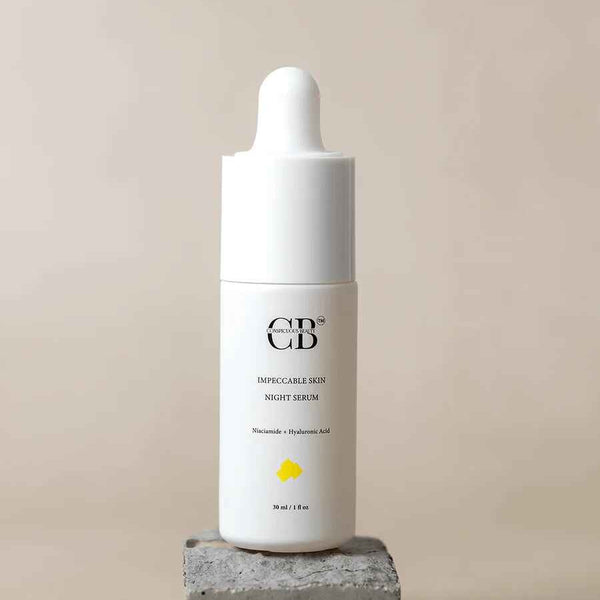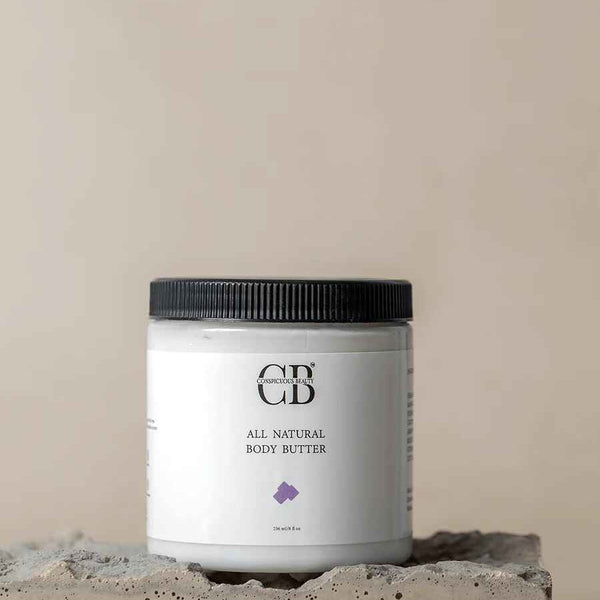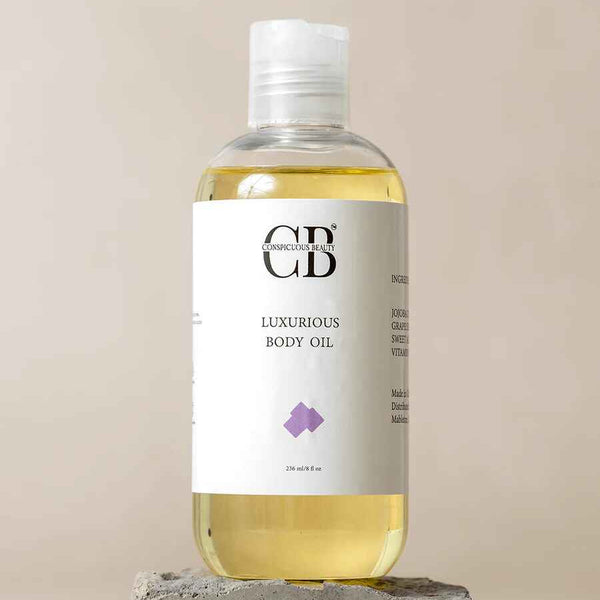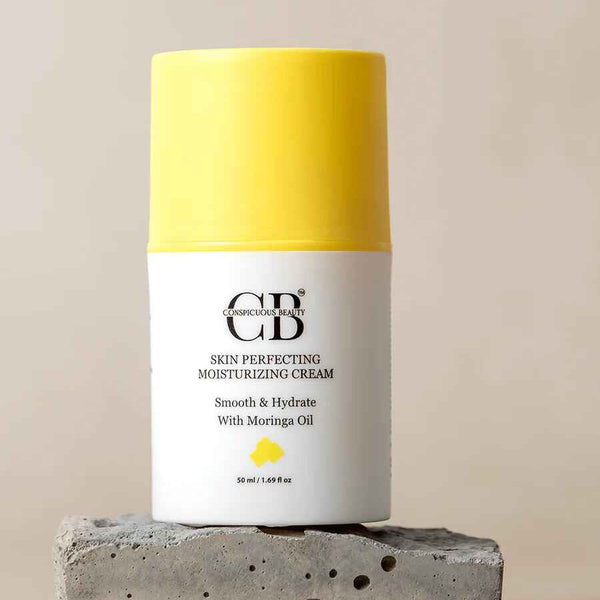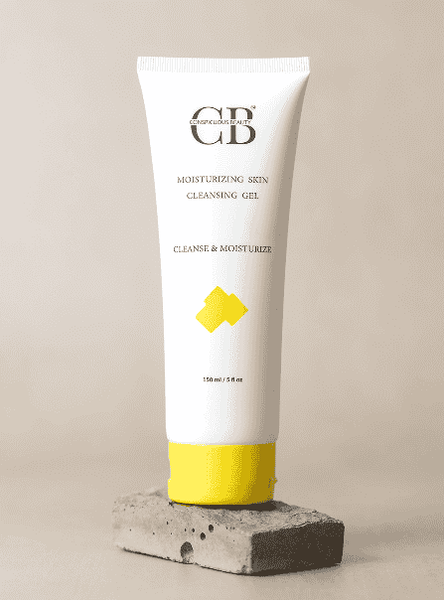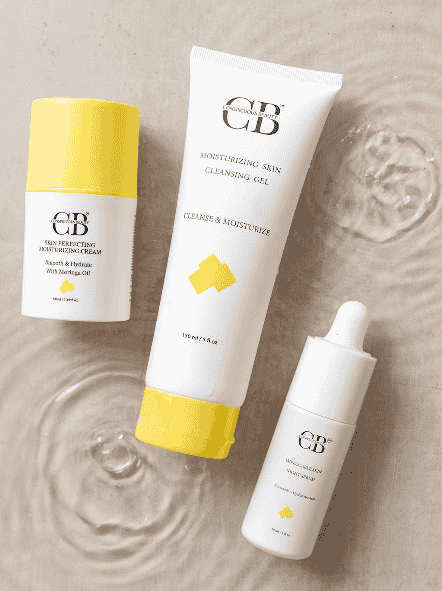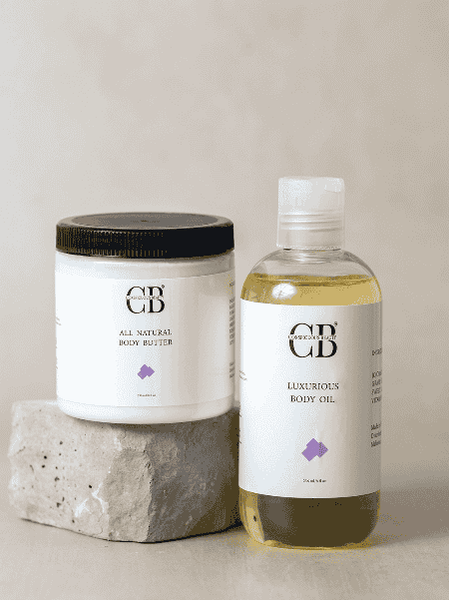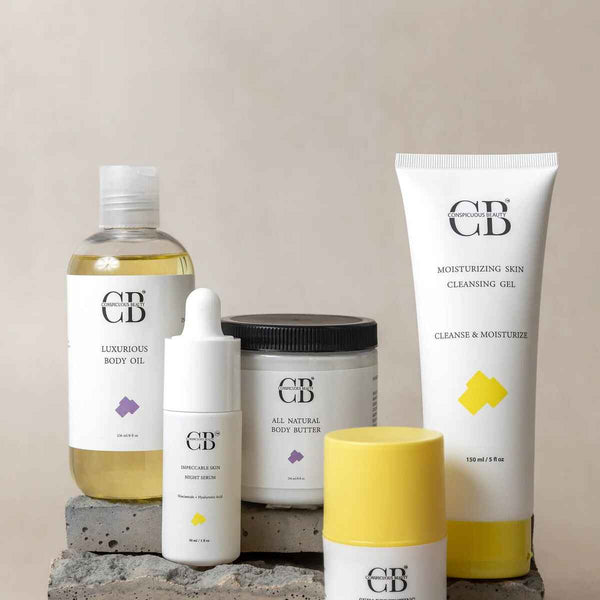Taking care of your skin is more than just a routine, it is a form of self-care, a way to protect your body, and a method to keep your skin healthy and glowing throughout your life. With so many products on the market, it can be confusing to know which ones to choose. Among the most commonly used skincare products are body butter and moisturizer. While they may seem similar at first, they differ significantly in their texture, effectiveness, and purpose. Knowing which one to use can help you maintain soft, nourished, and radiant skin.
This article explores the differences between body butter and moisturizer, when to use each, and how they can fit into your daily skincare routine.
Moisturizer
Moisturizers are a staple in skincare routines for people of all ages and skin types. They are designed to hydrate the skin and maintain its softness without feeling heavy or greasy. Their lightweight texture makes them versatile and easy to use daily.
Most moisturizers absorb quickly into the skin, making them ideal for those who want hydration without a sticky or thick layer. They can be used on the face, hands, and body, and they work well in both hot and cold climates. For people with normal or oily skin, moisturizers provide adequate hydration without clogging pores or causing excess shine.

The primary benefit of using a moisturizer is that it keeps the skin hydrated throughout the day. When applied on slightly damp skin, it can help lock in moisture, preventing dryness and flakiness. Moisturizers also protect the skin from environmental factors such as pollution and harsh weather, keeping it healthy and smooth. They are usually formulated with a combination of ingredients that attract water, soften the skin, and form a barrier to prevent moisture loss.
A well-chosen moisturizer can make a noticeable difference in how the skin feels. For instance, daily use of a moisturizer can reduce roughness on the arms or legs, calm mild irritation, and leave the skin looking fresh and luminous. Many people even use moisturizer as a base before applying makeup, as it helps create a smooth, hydrated canvas.
Body Butter
Body butter is a richer, creamier alternative to moisturizer. Its thick consistency is designed to provide deep nourishment and long-lasting hydration, making it especially beneficial for dry or rough skin. While it can be used on the entire body, body butter is particularly effective for areas that tend to get dry faster, such as elbows, knees, heels, and hands.
Body butters often contain natural oils and plant-based butters, such as shea butter, cocoa butter, mango butter, and coconut oil. These ingredients not only moisturize the skin but also provide soothing, restorative benefits. Unlike regular moisturizers, body butters leave a protective layer on the skin, helping to lock in moisture for hours.

Body butter is particularly useful during colder months or in dry climates. Winter air can strip the skin of its natural oils, leaving it flaky and uncomfortable. Applying body butter in the evening can help repair and nourish the skin overnight. Its rich texture also makes it ideal for people with very dry skin conditions, as it provides hydration that penetrates deeper layers.
Apart from hydration, body butter has a cosmetic and sensory appeal. Many people enjoy the luxurious feel of massaging it into the skin and the natural scent of ingredients such as cocoa or coconut. This makes it more than just a skincare product, it becomes a ritual of self-care and relaxation.
Key Differences Between Moisturizer and Body Butter
While both products aim to improve skin hydration, they are not interchangeable. The main difference lies in texture and hydration level. Moisturizers are light, fast-absorbing, and suitable for daily, all-over use. Body butters, however, are thick, rich, and provide long-lasting hydration, making them ideal for dry skin and rough patches.
The absorption speed is another difference. Moisturizers sink into the skin quickly, which is why they are convenient for use in the morning or during the day. Body butters take longer to absorb due to their density but provide deep moisture and create a protective layer on the skin’s surface.
The best way to think about these products is in terms of purpose. Moisturizers are suitable for regular hydration and maintenance, whereas body butters are targeted care solutions for skin that needs extra attention. Using the two together can enhance your skincare routine, with moisturizer providing daily hydration and body butter addressing specific areas or seasonal dryness.
Choosing Based on Skin Type
The choice between moisturizer and body butter largely depends on your skin type. If your skin is normal or oily, a lightweight moisturizer is generally sufficient. These products hydrate without leaving a greasy residue and are less likely to clog pores. On the other hand, if your skin tends to be dry or sensitive, body butter can provide the extra nourishment you need.
People with combination skin may find a mixed approach works best. A moisturizer can keep the general areas hydrated, while body butter can be reserved for spots prone to dryness, like the elbows and knees. Seasonal changes also play a role. Many people prefer moisturizers during summer and switch to body butter in winter when the skin is more prone to dehydration.
Using Moisturizer and Body Butter Effectively
Both products are most effective when applied to slightly damp skin. For moisturizers, applying after a shower can lock in moisture and keep the skin feeling soft. They are light enough to be reapplied throughout the day, especially in dry environments.
Body butter works best when used at night. Massaging it into dry areas before bed allows the skin to absorb the rich oils and butters fully. The protective layer it forms keeps moisture locked in overnight, helping the skin recover from dryness or roughness. Using body butter in the morning can sometimes feel too heavy or greasy, particularly if you are getting dressed immediately afterward.
Many people find combining both products works best. Applying a moisturizer for daily hydration and using body butter for targeted treatment or seasonal care ensures the skin remains soft and nourished year-round.
Ingredients and Benefits
The effectiveness of either product depends on its ingredients. Moisturizers often include humectants to draw water into the skin, emollients to smooth and soften, and protective agents that prevent moisture loss. These ingredients are typically lightweight, making them ideal for daily use and for sensitive areas such as the face.
Body butters, in contrast, are rich in natural oils and plant-based butters. Shea butter, cocoa butter, and coconut oil provide deep hydration and nourishment. They also have soothing properties that can calm rough, irritated skin. Regular use of body butter can improve skin texture, reduce flakiness, and leave a soft, smooth feeling.
Choosing a product with natural ingredients can be beneficial, especially for people with sensitive skin. Products with synthetic fragrances or harsh chemicals can sometimes cause irritation, whereas natural oils and butters provide hydration while supporting skin health.
Common Misconceptions
There are many myths surrounding moisturizers and body butters. Some believe that body butter is only for women, but it is actually suitable for anyone with dry skin. Others think that moisturizers are ineffective in winter, yet some formulas are rich enough to provide year-round hydration. Some assume that body butter will clog pores, but it is usually safe when applied to the body rather than the face. Finally, people often believe that they must choose one product over the other, but combining both can give the best results.
Making the Right Choice
Ultimately, the choice between moisturizer and body butter comes down to understanding your skin’s needs and lifestyle. Moisturizers are excellent for everyday hydration, quick absorption, and all-over use. Body butters provide intensive care, long-lasting moisture, and targeted nourishment for dry or rough areas.
For the best results, many people integrate both into their routines. Using a moisturizer for daily care and body butter for specific areas or seasonal dryness allows the skin to remain soft, healthy, and hydrated year-round. Paying attention to your skin’s signals and adjusting your routine as needed ensures it receives the care it deserves.
Conclusion
Both body butter and moisturizer have unique benefits that cater to different skin needs. Moisturizers are lightweight, absorb quickly, and are suitable for daily hydration, while body butters are rich, creamy, and perfect for nourishing dry or rough areas. By understanding the differences and applying them strategically, you can create a skincare routine that keeps your skin soft, supple, and radiant in any season.
Whether it’s the everyday care of a moisturizer or the luxurious, nourishing touch of body butter, both products can help maintain your skin’s health and comfort. Choosing the right combination will ensure your skin feels its best, no matter the climate or your lifestyle.
